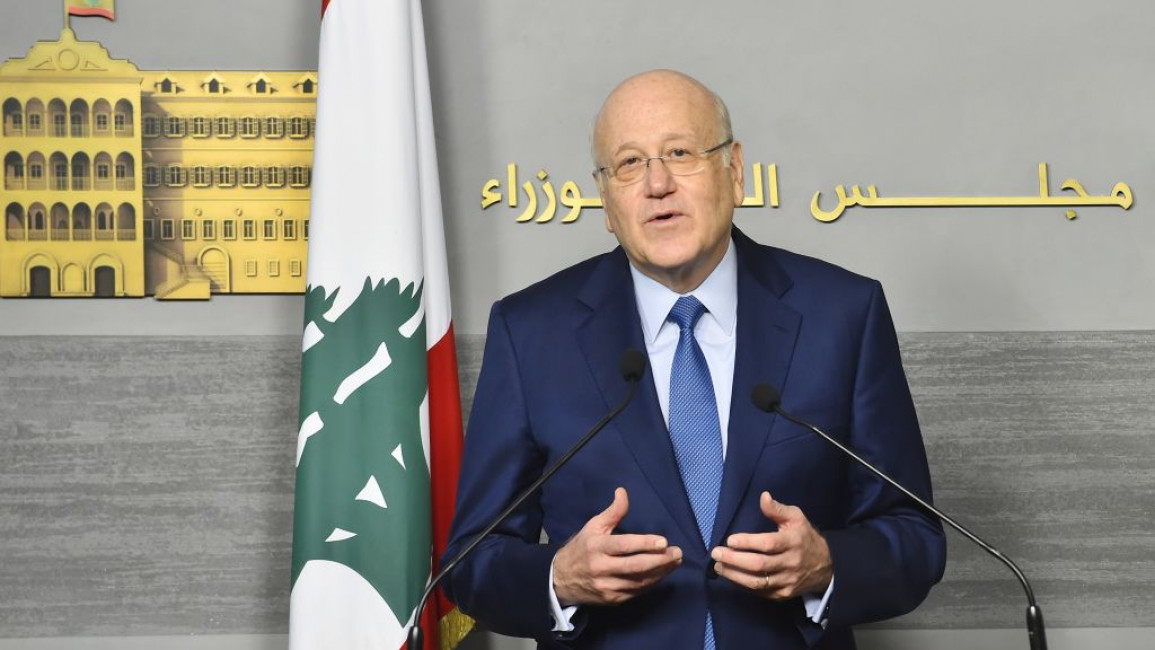Lebanese angry, but unsurprised as Pandora Papers name the country's rich and powerful
Lebanese political and business leaders own the greatest number of offshore accounts revealed in the Pandora Papers, a trove of financial data released on Sunday which detail the financial holdings of the rich and powerful worldwide.
The Pandora Papers are one of the largest leaks of financial data ever, consisting of 11.9 million documents from 14 different offshore services firms.
According to the International Consortium of Journalists (ICIJ), the leaks reveal "a system enabling crime, corruption and wrongdoing, hidden by secretive offshore companies".
Lebanon tops the list with over 346 offshore companies established, more than double the number of companies founded by individuals from the next country, the UK.
Lebanese have expressed anger over the revelations, though many were unsurprised that their political class would engage in offshore accounting practices.
"It's sad, but expected, in light of the corruption and collapse that’s happening because of the ruling parties and organisations," Khodor Eido, a Lebanese political activist, told The New Arab.
Among those implicated in the leaks are Lebanese PM Najib Mikati, former PM Hassan Diab, and the head of the Central Bank of Lebanon (BDL) Riad Salameh.
Both Mikati and Diab have issued statements, with the former emphasising that his wealth was accumulated prior to taking office, and the latter claiming he had already sold his shares of the company named in the leaks.
There is nothing illegal about offshore tax companies and by themselves, the Pandora Papers provide no evidence of wrongdoing.
However, the riches they reveal are a stark contrast to the unprecedented economic crisis Lebanon is going through.
Over 80 percent of the country has been thrust into poverty and life has become all but unliveable for most.
"While the prime minister has accumulated billions, his city [Tripoli], the poorest on the Mediterranean, suffers from dire poverty," Dana Abed, an OXFAM researcher and policy advisor in Beirut, told The New Arab.
"The money is not needed in offshore accounts, but rather in the country supporting the people, the infrastructure and the delivery of services," Abed added.
When Lebanon’s financial crisis began in Autumn 2019, BDL officials urged Lebanese to not panic and to keep their deposits in the country's banks.
Soon after, banks began severely restricting access to accounts and the amount that small and medium depositors could withdraw. The restrictions were imposed unilaterally by Lebanese banks, despite the absence of any official capital control measures from the government.
In effect, ordinary Lebanese have seen their savings become inaccessible. At the same time, Lebanese officials and elites were quickly moving their money out of the country ahead of its impending economic collapse.
"My father goes through great pain in order to withdraw the money that he got through years of hard work and exhaustion," Eido said.
"They were telling the Lebanese that everything was going to be fine and that the lira would be fine - at the same time they were smuggling out their money and buying companies. Where did they get this money from?"
The international consortium of journalists who worked on the Pandora Papers will continue to release information over the coming week.



